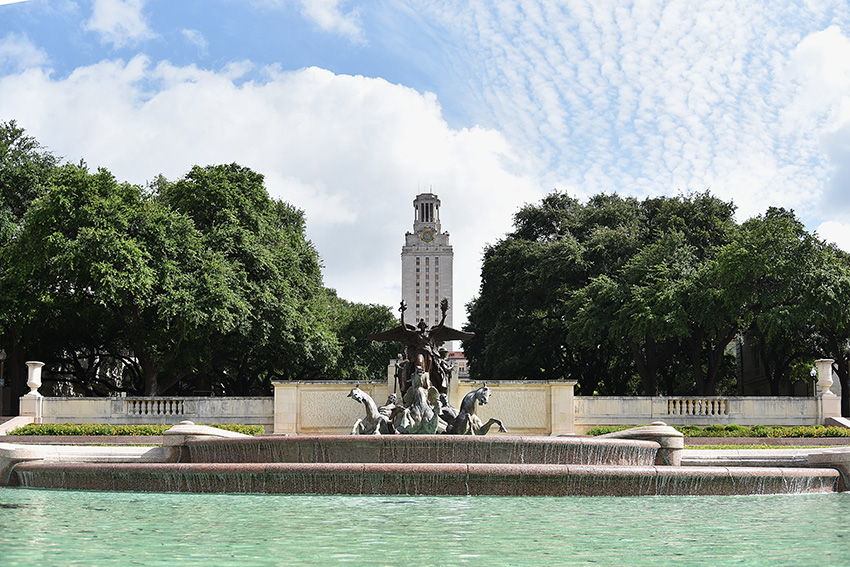After a yearslong fight, the Texas Board of Education finally approved an elective Mexican-American studies course last Friday. However, concessions were made: The title of the course was changed from Mexican-American studies to “Ethnic Studies: An Overview of Americans of Mexican Descent.”
It’s a minor change, but it reflects major problems with the board’s understanding of the complexities of American culture and the multifaceted identities of Texans. While we should celebrate the new course, we cannot accept its name.
The title change was originally proposed by David Bradley, a Republican from Beaumont. He defended his amendment by arguing that, “I don’t subscribe to hyphenated Americanism. … I find hyphenated Americanism to be divisive.”
It seems that Bradley was concerned that by titling the course “Mexican-American studies,” the course somehow became less “American.” Perhaps he felt that, by acknowledging the diversity of cultures within the United States, the false notion of homogeneous “Americanism” is threatened because the alternative is more complex. But this isn’t the case. Far from being divisive, hyphenated Americanism — or the inhabitation of multiple identities — is Americanism.
Many Americans think of their Americanism in hyphenated terms; our country is so diverse that most of us identify ourselves as the products of more cultures than just that of America. The conception of American culture is so broad and nebulous that the existence of one unified “American culture” could even be questioned. That shouldn’t be a problem. Especially in this case, “Americanism” is historically inseparable from Mexican culture.
Lauren Quesada, a biology freshman, notes that, “Texas, as an independent republic, had strong influences from both the Mexican population and (the) American population that shared the community, permanently infusing Mexican culture into the state. … The republic was just as much Mexican as it was American, if not more.”
American culture — and Texan culture, to an even higher degree – is fundamentally shaped by Mexican culture. This is reflected in our country’s language, customs and cuisine; instead of trying to dismiss or undersell the relationship these two cultures have with each other, we should celebrate and study it.
The original course name accomplished this; by hyphenating “Mexican” with “American,” the title implicitly acknowledged the importance of both cultures and put them on an equal standing. In contrast, the new title tacks “Mexican descent” on at the very end of the title, effectively diminishing its importance by ranking it after “American” culture. It’s telling that three out of the four Latino members on the board opposed this name change.
At the very least, this name change demonstrates a lack of respect for the Mexican-American identity, an identity that many Texans inhabit.
Marisa Perez-Diaz, a board member and San Antonio Democrat, pointed to this disrespect. “As someone who identifies as Mexican-American, your experience is unlike my experience. … I’m asking you to be inclusive.”
There’s still time to acknowledge that importance.
Marty Rowley, a Republican from Amarillo, noted that we can still change the name. “I don’t feel that strongly about how we named that course. If we leave it in and it is an issue with people, I’m sure we’ll hear about it. I’m certainly open to input from my constituencies and others as to whether we should make that change.”
We should speak out for that change. By giving a Mexican-American studies course a title which equally presents both Mexican and American cultures, we acknowledge the historical reality of the influence of both cultures and are inclusive of those with complex cultural identities.
Grace Leake is a Plan II and business freshman from Austin. Folow her on Twitter @grace_leake





















